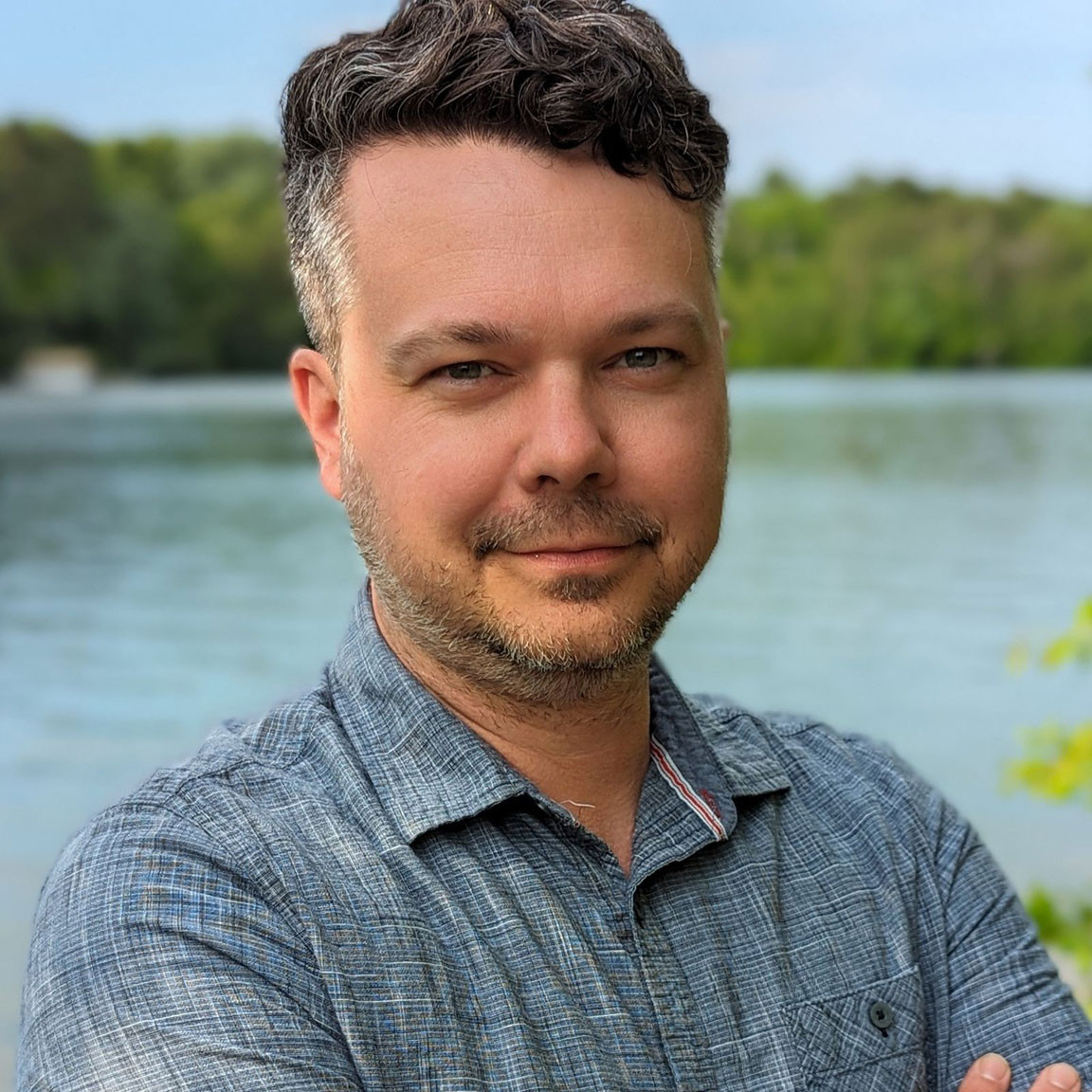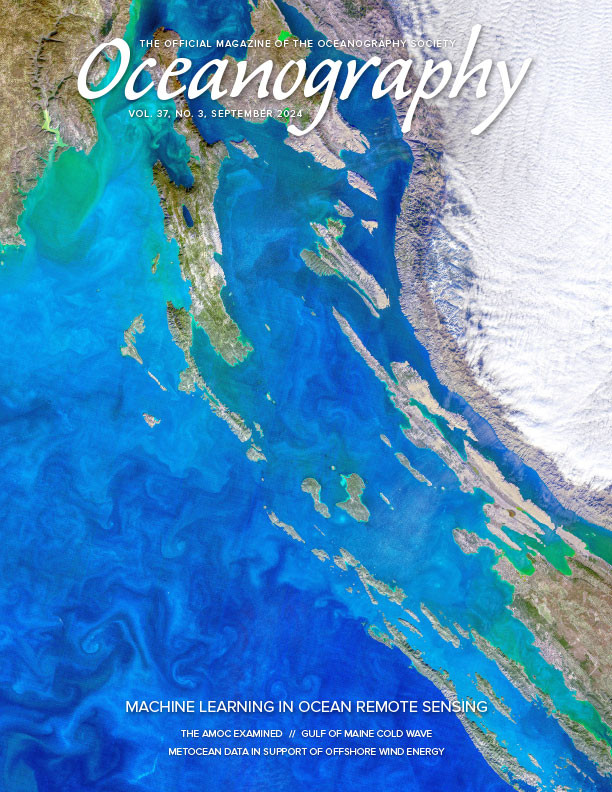Full Text
 |
SCOTT LORANGER, Acoustician and Application Scientist, Kongsberg Discovery
Degree: When, where, what, and what in? I received a Bachelor of Science in biological sciences with a focus on ecology and evolutionary biology from Cornell University in 2009. I also spent a semester with SEA Education Association out of Woods Hole, Massachusetts, and that experience solidified my interest in oceanography. As I delved deeper into marine science, I became interested in ecological resilience and response to change. Following my undergraduate education, I worked with a group at the University of Maryland Center for Environmental Science – Chesapeake Biological Laboratory studying technology to treat ballast water to deter transport of invasive species, and technology to measure oil concentrations in the ocean to respond to oil spills. This was my first foray into applied science and emerging technologies. My interest in technology and oil spill response led me to the University of New Hampshire (UNH) and the Center for Coastal and Ocean Mapping, where I obtained a PhD in oceanography, graduating in 2019. At UNH, I studied the use of broadband acoustic echo sounders to map, characterize, and quantify oil spills. For my thesis, I studied the 2004 Taylor Energy oil spill in the Gulf of Mexico, the longest-running oil spill in US history.
Did you stay in academia at all, and if so, for how long? After my PhD, I did a one-year postdoc with the Norwegian Geotechnical Institute investigating technology for monitoring seafloor sequestration sites. After that, I had a joint appointment as a postdoc at Woods Hole Oceanographic Institution (WHOI) and at Dalhousie University for about two years, studying acoustic scattering from fish and physical oceanographic features. I also studied the sound of an imploding instrument to estimate the depth of Challenger Deep.
How did you go about searching for a job outside of the university setting? When I first decided to look outside of academia, I was truly overwhelmed. I didn’t think that I had marketable skills outside of the academic world. The first thing I did was create a list of the skills that I had developed in my time in academia and tried to map them to positions outside of academia. This was a really helpful exercise! After that, I reached out to others I had met in academia who had moved to other employers, asked about their experiences, and got an idea of what the market for my skill set might look like.
I have always been interested in applied research using emerging technologies, so I looked at federal research labs, vehicle and platform manufacturers, and sensor/instrument manufacturers. In the end, I found my current position where I work with the instruments that I used for my research in academia.
Is this the only job (post-academia) that you’ve had? If not, what else did you do? Yes, I started my current position at Kongsberg immediately after my postdoctoral investigator work was finished at WHOI.
What is your current job? What path did you take to get there? I am currently an Acoustician and Applications Scientist with Kongsberg Discovery. I knew the company well—I had worked with their instruments for most of my academic career and had interacted with quite a few people who work at Kongsberg. This included doing research with one of their application scientists while at the Norwegian Geotechnical Institute. I called the people I knew at the company to see if there were any openings. The timing was right as one of the people I knew best was about to retire.
What did your oceanographic education (or academic career) give you that is useful in your current job? I rely on what I learned in academia every day. I still get to do research in my current role, and I work closely with other researchers studying underwater acoustics or using acoustics to study the ocean. I rely not only on the hard skills I learned as a researcher but also on the softer skills such as presentation and public speaking, written communication, and attention to detail. I rely on project management skills from having organized field research and coordinating seminar series. I also rely on leadership skills I learned in academia as the Postdoctoral Association President at WHOI and as a member of the Acoustical Society of America Student Council.
Is there any course or other training you would have liked to have had as part of your graduate education to meet the demands of the job market? Economics—both micro and macro. I think that even if I had stayed in academia running my own lab, economics should be a part of all higher education. Understanding how our economy works is critical no matter what field you are in.
Is the job satisfying? What aspects of the job do you like best/least? I find my work very satisfying. I love that I am part of a team working towards a common goal, and that I can continue to work with the connections and friends I made in academia. I get to work with a lot of academic, government, and industrial scientists who are new to underwater acoustics, to understand their research goals and design acoustics experiments, from concept through data processing. I also still enjoy teaching, both in small settings to new users and as a guest lecturer in academia.
I do miss going to sea. In my current position, spending weeks at sea isn’t really a viable option for me. In some ways, this helps balance my work and family life—going to sea for a month was difficult as a working parent with a partner who is also an ex-academic working full time.
Do you have any recommendations for new grads looking for jobs? Figure out what it was that drew you to academia and determine what skills you’ve developed. Then you can start to look for jobs that fit both your interests and your skills (trust me, coming out of academia you have many skills). Make sure that your chosen career also maps well to the type of personal life that you would like to lead.

